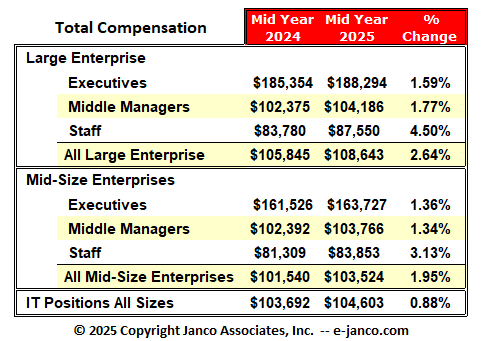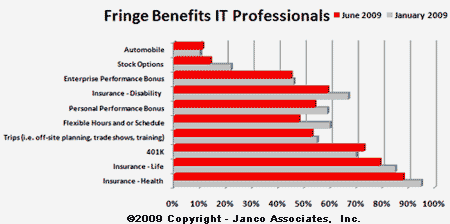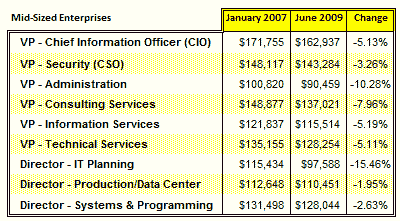Old tech like Java and .Net is hot in cold economy
By Matt Asey
Old tech like Java and .Net is hot in cold economy - If you're part of the "cool kid" developr crowd, you're undoubtedly writing your new application with Ruby on Rails, and spend a lot of time talking about Git, Squeak, or Memcached.
But if you want a job, apparently you should get back to ancient technologies like Java and .Net, according to new data from IT employment company Dice.com, cited in Baseline magazine. In addition to those programming heavyweights, other enterprise bellwethers like Oracle, SharePoint, and SAP also make the cut.
On Java, Tom Silver, senior vice president at Dice.com, sees value in formal training, per Baseline's account:
Online developrs with proficiency in Java, particularly with J2EE, can still find good prospects within the market. Experience is valued, but Silver suggests that Sun's Certified Java programmer (SCJP) offers a leg up on the competition.
Certification? That's about as Old World as you can find. And yet it seems to work.
Apparently, new-age Web technologies will get you a date, but old-school technologies are the best bet if you want a job.
And with TechServe Alliance finding 16,000 IT jobs lost in June 2009, and new Janco Associates data reporting an overall IT salary decline of 0.19 percent, but a 0.22 percent increase in enterprise IT salaries, it may be time to double down on those "boring" old enterprise technologies.
Employment is pretty sexy, even if Java and .Net are not.
Note in the chart below that a few IT positions have maintained salary levels:
NOTE: the table below is updated automatically with the latest IT salaries when a new salary survey is published. That happens every January and June. The historical data is available.
Latest Median IT Salaries

For the latest data go to the current IT Salary Survey
Compared with 2007, this year has seen deep erosion among managers in mid-sized tech shops:
Chart: © 2009 Janco Associates, Inc.
Order Salary Survey Download Sample Provide Data
Fringe Benefits 2009
 |
Order Salary Survey Download Sample Provide Data





